Early Learners (Ages 4-7)
Part 1: Foundations for Early Learners—Teaching Thoughts, Feelings, and The Group Plan
Series Name: Introducing Social Thinking® Concepts to 4–7-Year-Olds Through Ten Storybooks and Two Curricula
Guide children’s early social learning and play experiences to strengthen social competencies and classroom learning. Part 1: Foundations for Early Learners—Teaching Thoughts, Feelings, and The Group Plan examines the foundations of our work with early learners, delves into the core concepts thoughts and feelings and the group plan, and provides strategies, lessons, and examples for teaching them to children ages 4–7 years old using We Thinkers! Volume 1 with fidelity.
12/1/2023 7:03:00 AM
Expires

Get Recording











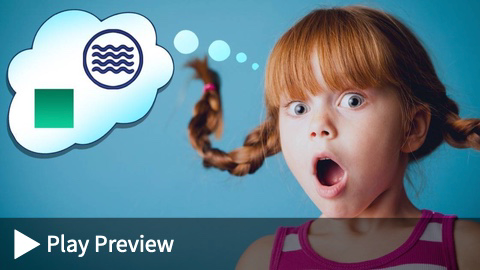
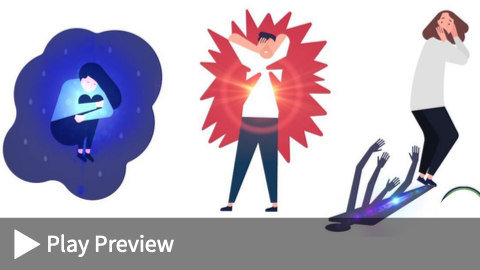



















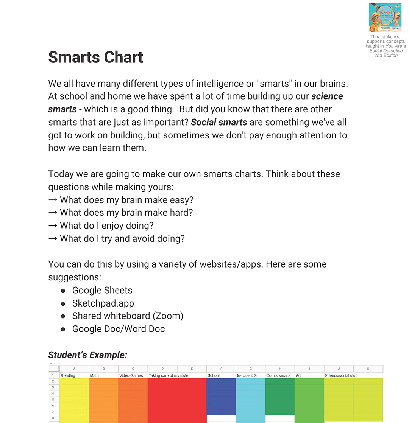
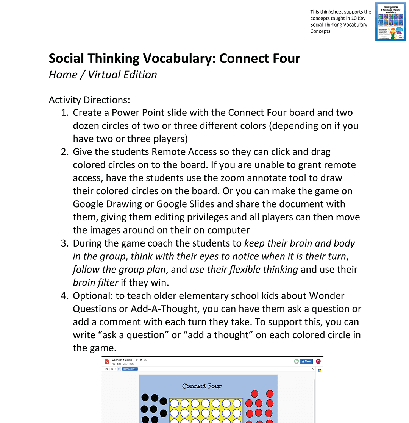


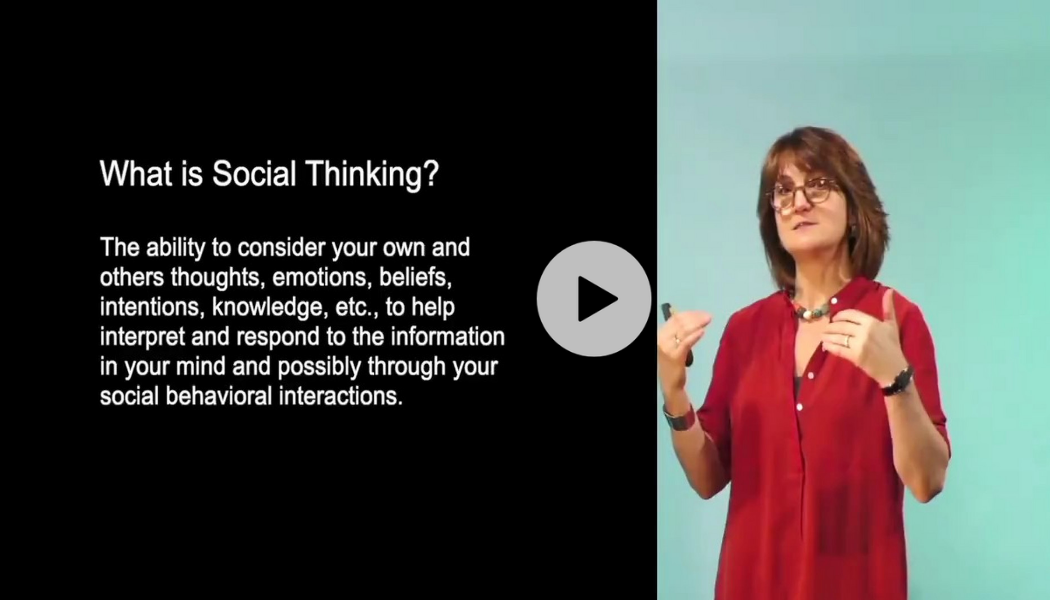
 Thank you doesn’t seem enough for all that your teachings have done for me and my family! They have been a lifeline for me to re-connect with my 9-year-old. Everything you publish is 100% applicable. Keep up the amazing work!
Thank you doesn’t seem enough for all that your teachings have done for me and my family! They have been a lifeline for me to re-connect with my 9-year-old. Everything you publish is 100% applicable. Keep up the amazing work!